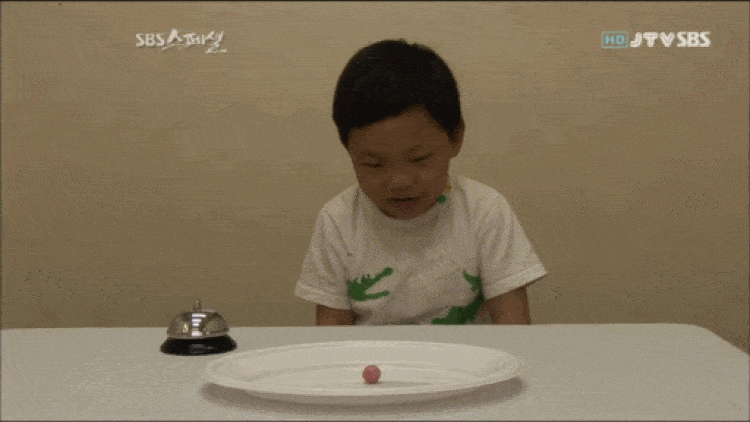The month of spirituality, self-control and will-power is finally here. Although, every year we promise ourselves, that this Ramadan is going to be different and that we aren’t going to reach for those fried samboosas this time… who are we really kidding?
But this year we have to put a little more effort into that said “will-power” and reduce what’s bad for us (in turn making fasting actually difficult) and increasing what will really nourish our bodies. We don’t believe in cutting something out cold turkey, its about bringing balance into our lives again. So take advantage of this Ramadan really practice self control and discipline, which is so readily available in this holy month, so that it may reflect upon the way we also practice or faith and help us through our nights of worship.

1. Plan ahead of time
Planning ahead of time will make it much easier to follow through with a healthy diet. Put together a day to day meal plan along with a grocery list so that you’re fully prepared and you don’t face any reasons to call quits on staying healthy. Avoid the fried foods, processed foods, simple carbs. These are foods we should be avoiding through out the year, but especially in Ramadan we have to steer away from them, since most of our Ramadan dishes are loaded with these kinds of foods. Fried, processed foods, simple carbs, and sugary drinks or foods will make you sluggish and lazy which will most probably be the reason why you can’t go pray Taraweeh, as well as give you an upset stomach. So opt for complex carbs, vegetables, proteins and baked or grilled foods to nourish your body.
2. Avoid the fried foods, processed foods, simple carbs

These are foods we should be avoiding through out the year, but especially in Ramadan we have to steer away from them, since most of our Ramadan dishes are loaded with these kinds of foods. Fried, processed foods, simple carbs, and sugary drinks or foods will make you sluggish and lazy which will most probably be the reason why you can’t go pray Taraweeh, as well as give you an upset stomach. So opt for complex carbs, vegetables, proteins and baked or grilled foods to nourish your body.
3. Have foods that are hydrating

As always, Drink Drink Drink!! Reach out for the water jug instead of that vimto. Make sure to add foods that have high water content like vegetables and fruits. You can also add some color and glamour to your table by make your self some infused water or make yourself some fruit smoothie popsicles the night before and indulge in that sweet, delicious cool refreshment to your soul. YES!
4. Have slow digesting foods to keep you full longer

Complex carbs, healthy fats and proteins are your go to foods in Ramadan, as the body takes a longer time to break them down, which gives you a slow release of energy through out the night and day instead of a a sudden spike of energy followed by a fast crash leaving you extremely hungry and exhausted all over again. Choose foods like Brown rice, oats, vegetables, meats, nuts, chicken, fish, cottage cheese and etc.
5. Avoid foods that make you thirsty

Try to reduce extremely protein filled meals, sugars, and stay away from SALT. Especially during Suhoor try and keep your meals cleaner for the sake of your own state during the day. These foods will make you extremely dehydrated than you already are (considering it’s a hot weather).
6. Don’t skip Suhoor

Due to the hours of fasting and the summer heat, you are more likely to feel dehydrated and tired during the day so make sure you’re waking up for suhoor and you’re eating slow digesting foods to keep you full for longer. Moreover, skipping Suhoor also encourages overeating during Iftar, which can cause unhealthy weight gain. Although its tough to wake up in the middle of the night, its worth interrupting your sleep for.
7. Don’t overeat during Iftar, Listen to your body

Iftar should be a well-balanced, nutritious meal and not a feast! Overeating may result in indigestion, weight gain and unproductivity. Eat a well balanced meal for iftar, make sure not to ignore the signs your body gives you and don’t overstuff yourself. I know being deprived during the day makes you want to eat all sorts of food come Maghreb, that’s why you should be meal planning so that you can divide up all your favorites foods through out each day of Ramadan.










